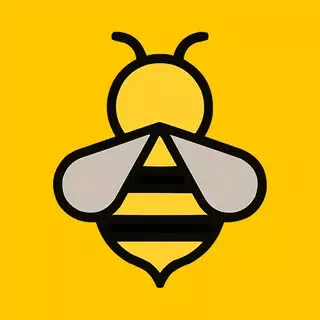Loading game...
Spelling Bee Game
Spelling Bee Game functions as a word-finding challenge where the definitive goal is to maximize the total score by discovering valid words within a letter hive. Victory is often defined by reaching specific rank milestones, culminating in the 'Queen Bee' status for finding every possible solution
What is Spelling Bee Game?
